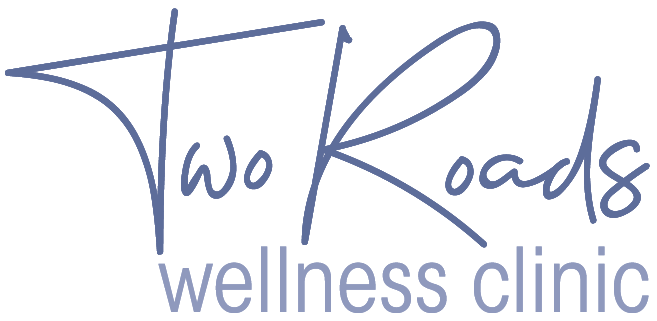Using Gratitude to Cope with COVID-19
How to practice gratitude in a difficult time
This is traditionally a season of being thankful for all that we have. But gratitude might feel hard to come by these days, when all of us are fed up with COVID, quarantines, and social distancing, and when many of us may not get to see our families this Thanksgiving. But gratitude is a powerful tool that can train our mind to look at the positive (something we could likely all use right now).
What is gratitude?
First let’s start by talking about what gratitude is and is not. Gratitude, according to the dictionary, is “the quality of being thankful.” It is not pretending that the things around you aren’t bad, or ignoring reality. Gratitude is the practice of being thankful for the things you do have, not pretending that you have things you don’t, or pretending that everything is okay when it isn’t.
Why is gratitude so hard?
It is not always common knowledge that our brains are actually wired to see what is wrong in our environment. A long time ago, our ancestors needed this mechanism to stay safe. Because they were attuned to noticing threats in their environment, they were able to keep out of danger and survive. The problem is now, when so much seems to be going wrong, our brains go on overdrive and fail to notice what is going right. This can lead to depression, anxiety, and even hopelessness.
What are you thankful for?
It is likely that throughout this mess of 2020, there are things that actually went right in your life. Maybe you made a new friend, or deepened relationships with those around you due to shared stress. Maybe you got to spend more time with your family, or were more involved in your children’s lives because they were learning from home. Maybe you have lost weight, despite the difficulty of exercise during this time, or found a new hobby to keep you occupied at home. Maybe you found that you realized what truly matters to you.
Whatever it is, try to find small things to be grateful for. This may be hard at first, and remember—that’s normal. Your brain wants to inform you of all of the danger to keep you safe. So it’s common to have difficulty finding things to be grateful for. But it’s not impossible. Whatever has gone right, no matter how small, take the time to stop, notice it, and appreciate it. Your brain will start to re-wire, and begin to believe that not all is lost.
Why is gratitude so important?
Gratitude has the ability to re-wire our brain to realize that positives exist in our environment. This is highly powerful when it comes to our moods. When we believe that everything is wrong, we undoubtedly will end up feeling depressed and hopeless.
But when we train our brain to see what is right, it gives us a balanced perspective (and better mood). Gratitude helps us slow down, be in the moment, and not take things for granted. It fills up our tank of “what is going right,” balancing out what may be going wrong. It also strengthens our relationships, which is something we all need right now, as social connection helps insulate us against depression and isolation during COVID-19. Gratitude turns what we do have into enough. Click for tips on positive reframing for anxiety, depression, decision making, and peer pressure.
If you need extra help
Let’s face it. This is hard. It is hard to practice gratitude during a time when so much feels wrong. But you are not alone. Talking to a therapist can help. We are always here, and please don’t hesitate to contact us. Therapy can be set up via our website contact page, via phone call, or by email.
Whatever you do, know that you are not alone. We can all help each other, and that is something to be grateful for.
About Two Roads Wellness Clinic
At Two Roads Wellness Clinic, we want to help you find the path that makes a difference in your life. We’re an integrative health clinic offering a vast array of services including, mental health treatments such as EMDR (eye movement desensitization and reprocessing), expressive arts therapy, family therapy, medication management, primary care, integrative nutritional support including genetic nutritional counseling, life coaching, massage therapy, physical therapy, infrared sauna services, community education and outreach, and more.
The Two Roads Wellness Clinic team of therapists, medical and nutrition staff, massage therapists, life coaches, physical therapists, and emotional support animals are ready to help you find an integrated approach to your wellness. To schedule an appointment, visit our contact page, to get started at one of our convenient locations in Champaign, Danville, or Mahomet.

